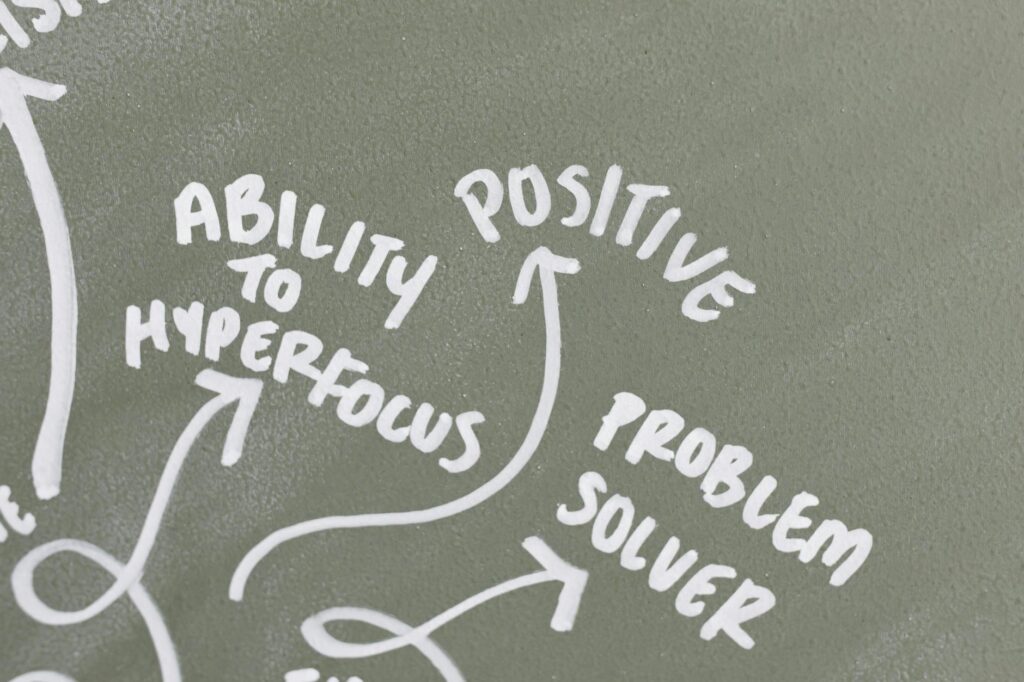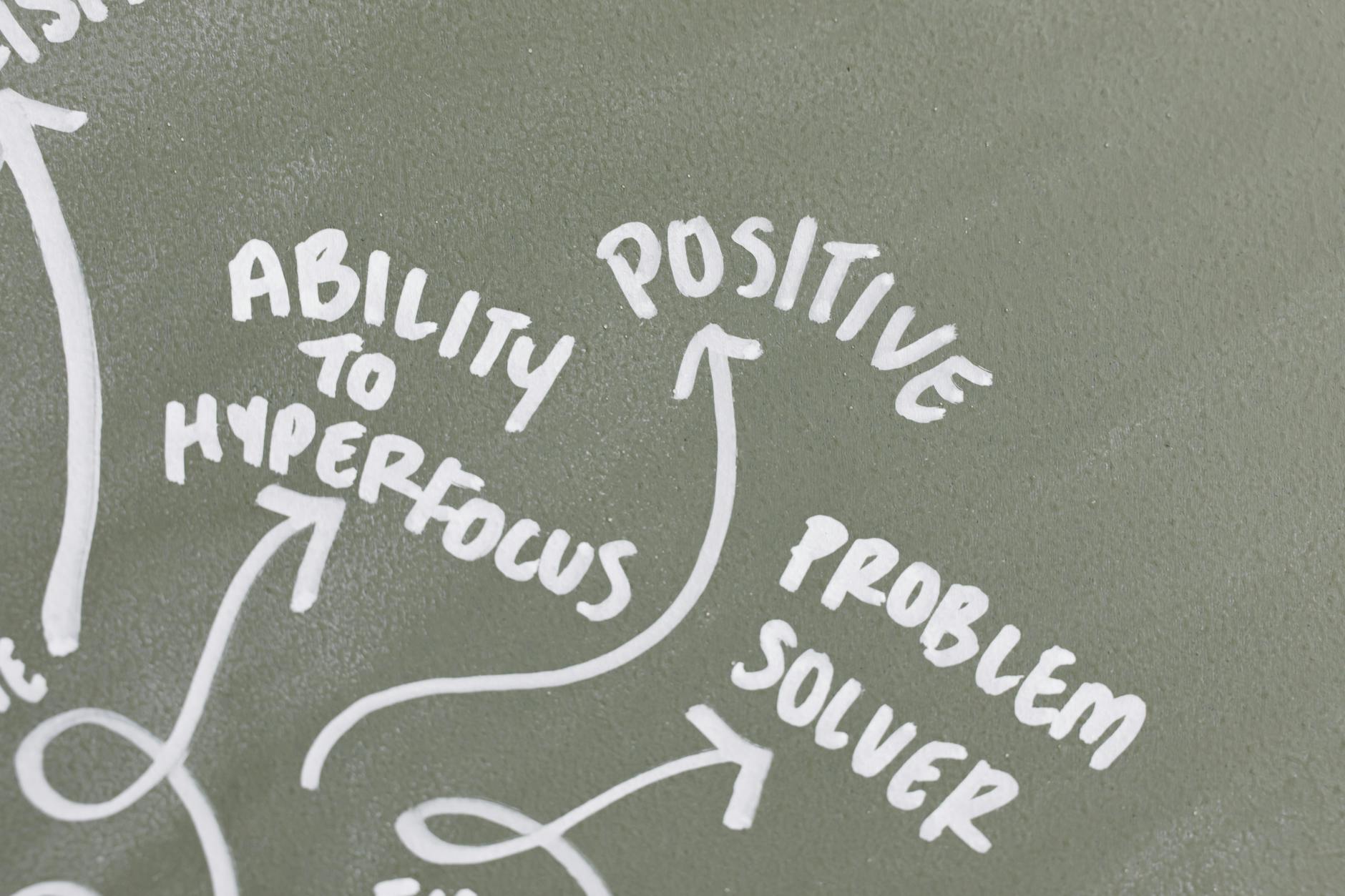What is intervention strategies for focus?

What is intervention strategies for focus?
Focus is the cornerstone of productivity, enabling you to direct your mental resources to tasks that matter most. But what happens when distractions derail your concentration? That’s where intervention strategies for focus come into play. These are specific techniques aimed at enhancing your ability to concentrate, ultimately improving your effectiveness in various tasks. By implementing these strategies, you can reclaim your focus and boost productivity in both your personal and professional life.
Understanding Focus and Its Impact on Productivity
Focus can be defined as the ability to concentrate on a single task without being sidetracked by distractions. It’s crucial for achieving personal and professional goals. When you’re focused, you’re more likely to complete tasks efficiently, meet deadlines, and produce high-quality work. Conversely, poor focus can lead to decreased productivity, increased errors, and a feeling of overwhelm.
Imagine trying to read a book while someone is blasting music nearby. You might find it hard to absorb the information. This scenario illustrates how distractions can impair your ability to focus, making it harder to achieve your goals. Research indicates that maintaining focus can significantly raise productivity levels and improve overall well-being, as highlighted in articles on mastering focus and improving productivity through focus.
What Causes Lack of Focus?
Many factors contribute to a lack of focus. Understanding these can help in creating effective intervention strategies.
- Digital Distractions: With smartphones, social media, and constant notifications, staying focused can feel like an uphill battle. Each ping pulls your attention away.
- Fatigue: Mental and physical tiredness can hinder your ability to concentrate. Without proper rest, your brain struggles to process information efficiently.
- Mental Clutter: A disorganized mind can lead to a chaotic thought process. When your mind is filled with worries or a long to-do list, finding focus becomes challenging.
These distractions and challenges make it essential to adopt practical strategies to stay focused.
Effective Intervention Strategies for Focus
Now that we understand the significance of focus and its challenges, let’s explore specific intervention strategies you can implement to enhance your concentration.
Mindfulness and Meditation Techniques
Mindfulness and meditation are powerful tools for improving concentration. By practicing mindfulness, you train your mind to focus on the present moment, reducing anxiety and mental clutter. Simple techniques, such as deep breathing exercises or guided meditations, can significantly enhance your mental clarity. Engaging in mindfulness regularly helps build your ability to concentrate for extended periods.
Incorporating mindfulness practices into your daily routine—perhaps during a morning ritual—can set a positive tone for the day. For more information on mindfulness, check out resources like executive functioning interventions.
Time Management Techniques
Effective time management is crucial for maintaining focus. Techniques like the Pomodoro Technique—where you work for 25 minutes and then take a 5-minute break—can be incredibly beneficial. This method helps break work into manageable chunks, allowing you to concentrate deeply during those 25 minutes.
Another approach is time blocking, where you allocate specific times for focused work on particular tasks. This structure minimizes the urge to multitask, allowing you to concentrate better on one item at a time. This strategy proves effective in personal and professional settings, as discussed in articles about the power of focus.
Environmental Modifications
Your environment plays a significant role in your ability to focus. Making small changes can lead to big improvements. Here are a few modifications to consider:
- Declutter Your Workspace: A tidy desk can help reduce distractions. Keep only essential items within reach.
- Use Noise-Canceling Headphones: Blocking out background noise can enhance focus, especially in shared spaces.
- Control Lighting: Ensure your workspace is well-lit, as poor lighting can lead to fatigue and decreased concentration.
These simple adjustments can create a more focus-friendly environment, allowing you to concentrate on your tasks effectively.
Implementing Intervention Strategies in Daily Life
Now that we have outlined several effective strategies, how can you incorporate them into your daily routine?
Creating a Focus-Friendly Schedule
A well-structured schedule is essential for maintaining focus throughout the day. Start by prioritizing tasks based on urgency and importance. Allocate specific blocks of time for focused work and allow breaks in between to recharge your mind. This approach helps create a rhythm, enabling you to stay engaged while also giving yourself space to breathe.
Consider using a digital calendar or planner to visualize your tasks and time blocks. This visual aid can serve as a constant reminder to stay focused during work periods.
Tracking Progress and Adjustments
As you implement these strategies, tracking your progress is essential. Regularly evaluate how effective these techniques are in enhancing your focus. Are you finding it easier to concentrate? Have your productivity levels improved? Making adjustments based on your observations can help you refine your approach.
For instance, if you notice that a particular time management technique isn’t working as well as you’d hoped, don’t hesitate to try a different one. The goal is to find what works best for you personally.
Conclusion
Intervention strategies for focus are vital in today’s fast-paced world. By understanding the importance of focus and implementing actionable techniques, you can significantly enhance your productivity. Whether it’s through mindfulness practices, effective time management, or environmental modifications, these strategies can help you concentrate better and achieve your goals. So, why not start today? Evaluate your focus and take small steps towards improvement. Your productivity will thank you!

Photo by Tara Winstead